Nobel committee's verdict: Peace without partisanship and politics
- Adv. Avanishkumar Y
- Oct 13, 2025
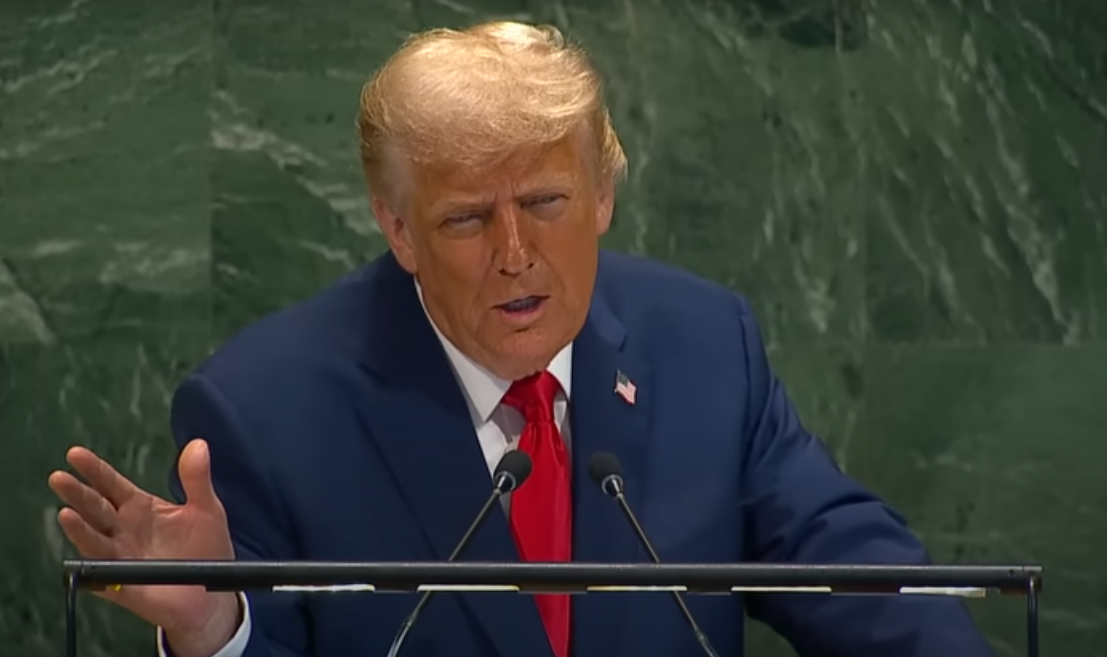
President Donald Trump addresses the General Assembly’s 80th session
MUMBAI: The Norwegian Nobel Committee’s decision on October 10 to award the 2025 Peace Prize to Venezuelan opposition leader María Corina Machado has sent ripples across the globe, sparking both admiration and outrage. Machado, a fierce advocate for democratic freedoms in the face of authoritarian oppression, stands as a symbol of resilience for Latin America’s embattled dissidents. Yet, for supporters of former President Donald Trump, the announcement landed a jolt, reigniting claims of bias against a figure they see as a transformative peacemaker.
President Trump, nominated again this year by Republican stalwarts like Reps. Anna Paulina Luna and Claudia Tenney, was lauded for his role in brokering the Abraham Accords and facilitating a supposed Gaza ceasefire. His exclusion from the Nobel stage, however, reveals a deeper truth about the prize’s values and why Trump’s brand of diplomacy falls short.
Alfred Nobel’s will envisioned the Peace Prize as a tribute to those fostering “fraternity between nations” through selfless, inclusive efforts. Machado’s work of organizing nonviolent resistance against Venezuela’s repressive regime, embodies this spirit. Her tireless campaign for free elections and human rights, often at great personal risk, bridges divides through courage and moral clarity. Trump’s approach, by contrast, thrives on spectacle but falters in substance. The Abraham Accords, while historic in normalizing Israel’s ties with the UAE and Bahrain, sidelined Palestinian voices, sowing seeds of future unrest rather than lasting harmony.
His withdrawal from the Iran nuclear deal and Paris climate agreement fractured global alliances, prioritizing unilateral bravado over collective progress. Even the Gaza truce, touted by MAGA supporters, lacks durability and ceasefires built on pressure rather than consensus rarely hold.
President Trump’s domestic record further dims his Nobel prospects. The January 6, 2021, Capitol attack, fueled by his rhetoric, exposed a willingness to destabilize democracy for political gain, a far cry from the prize’s commitment to universal rights. His cozying up to strongmen like Russia’s Putin or North Korea’s Kim Jong-un clashes with the Nobel’s human rights ethos. Ironically, Machado herself acknowledged Trump’s Venezuela sanctions as a boost to her cause, but this nod only underscores the contrast: her fight is rooted in principle, his in power plays.
The backlash from President Trump’s camp is predictable. White House statements have branded the decision “globalist elitism,” while social media buzzes with MAGA cries of a “rigged” process. But the Nobel Committee isn’t swayed by populism or partisan noise. Its choice of Machado signals a commitment to those who build bridges, not walls, whose work unites rather than polarizes. Trump’s deal-making dazzles his base but often alienates the broader world, leaving conflicts simmering rather than resolved.
As President Trump navigates the twilight of his second term, this latest Nobel snub offers a moment for introspection. Peace isn’t won through tweets or tough talk; it’s forged in the quiet, grueling work of figures like Machado, who risk everything for justice without seeking the spotlight. The Nobel’s message is clear: in a world craving unity, true peace demands humility over hubris, collaboration over confrontation. Until Trump grasps that, Oslo’s door will remain firmly closed.



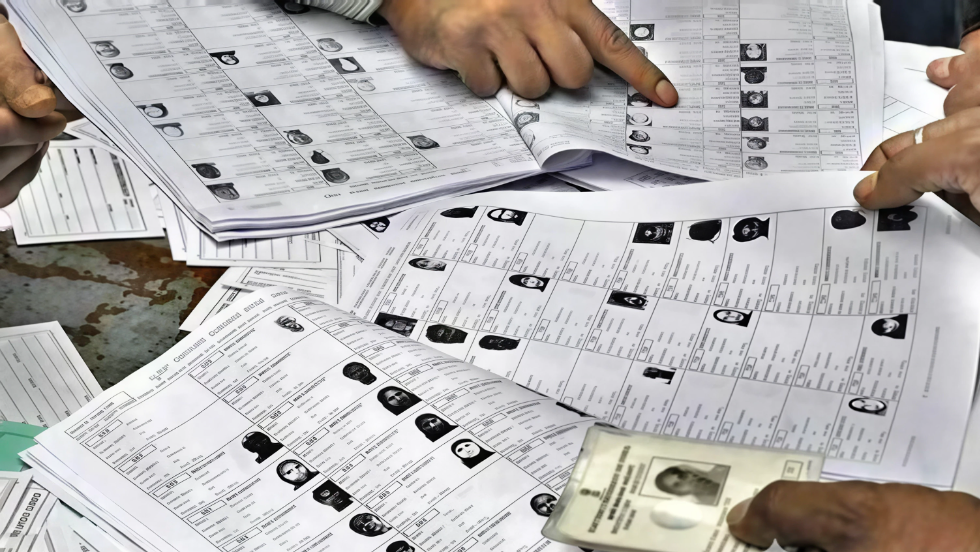

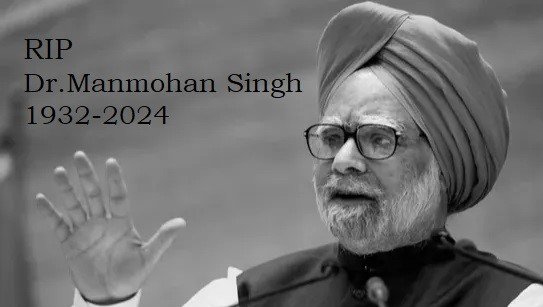
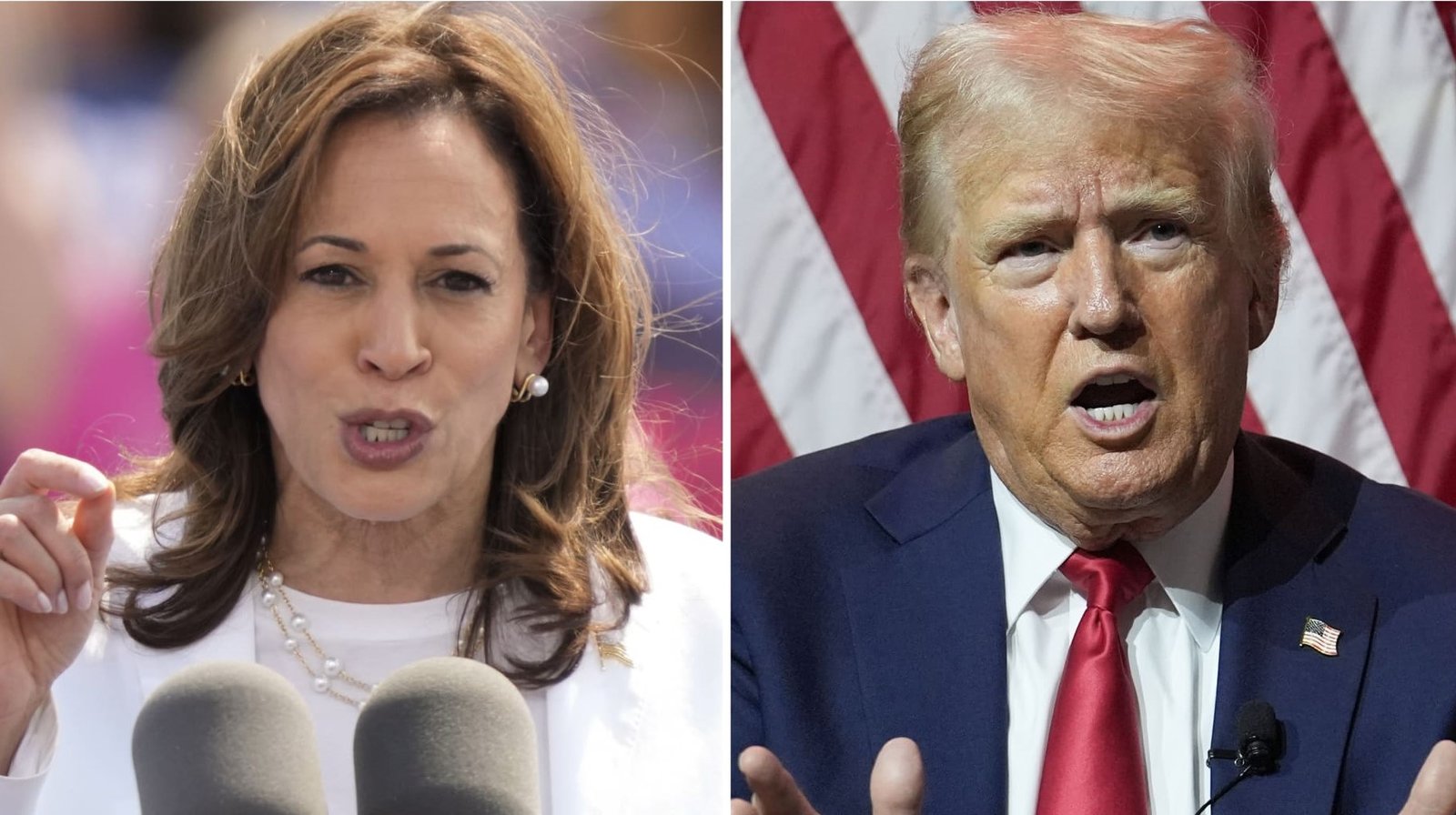
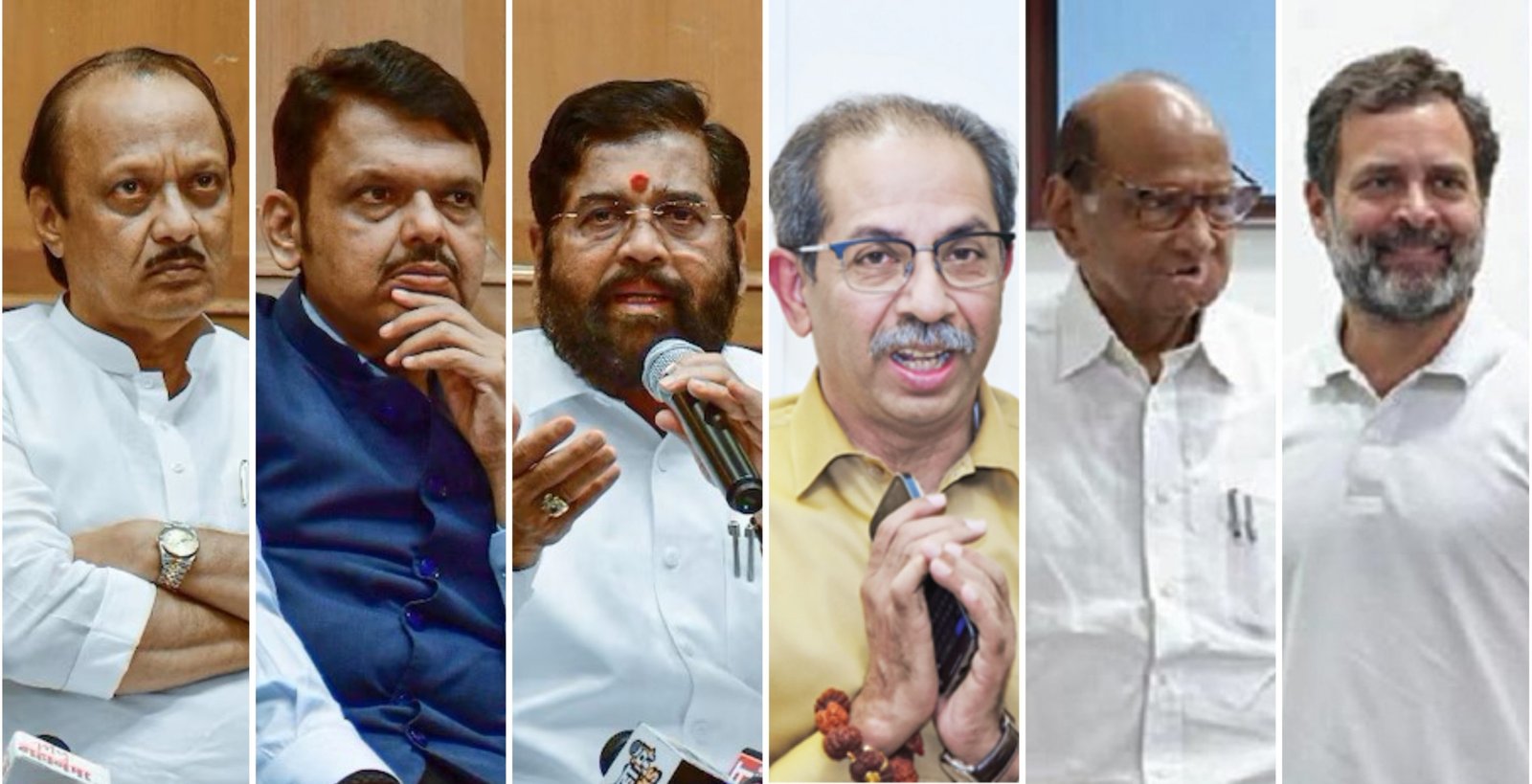
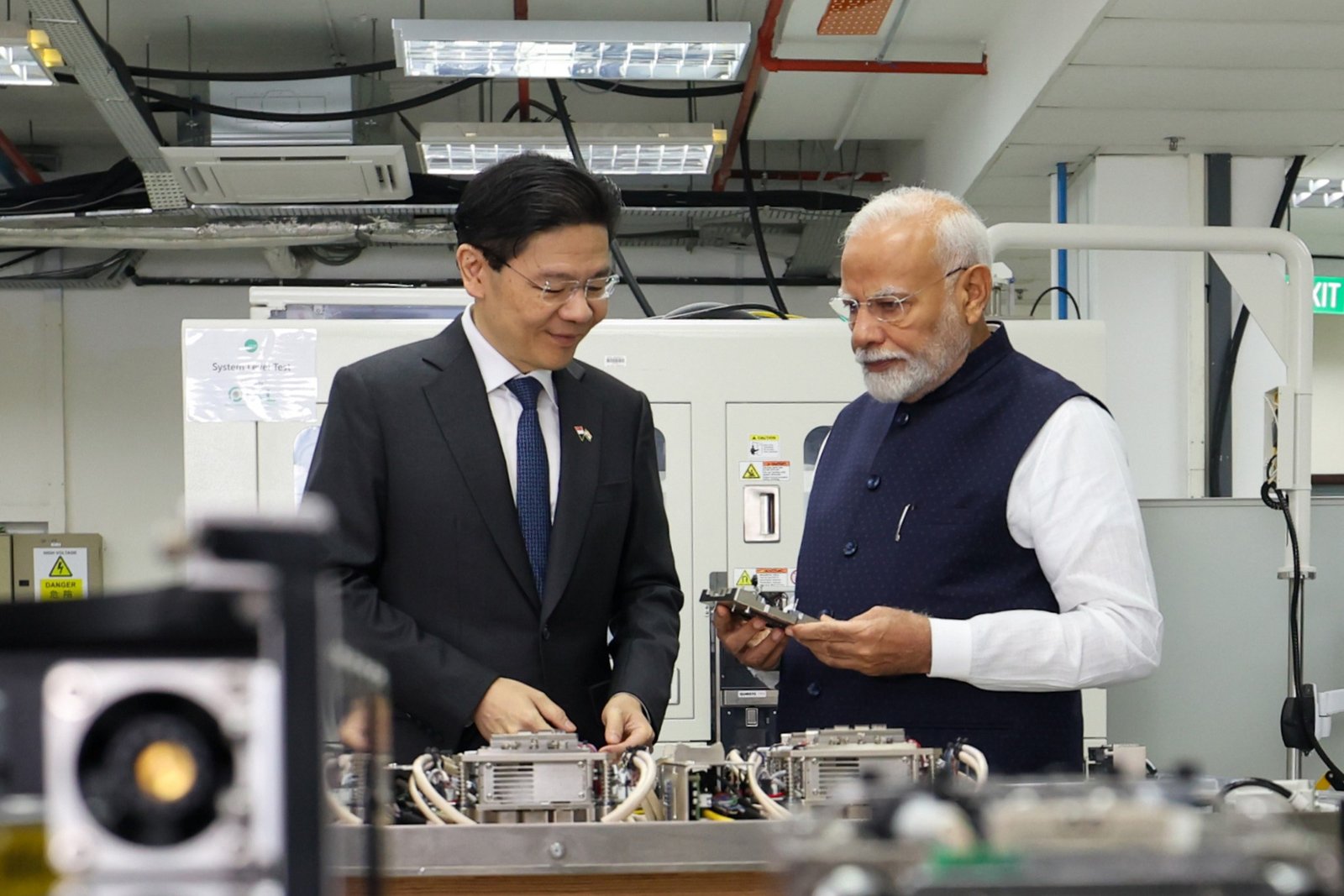
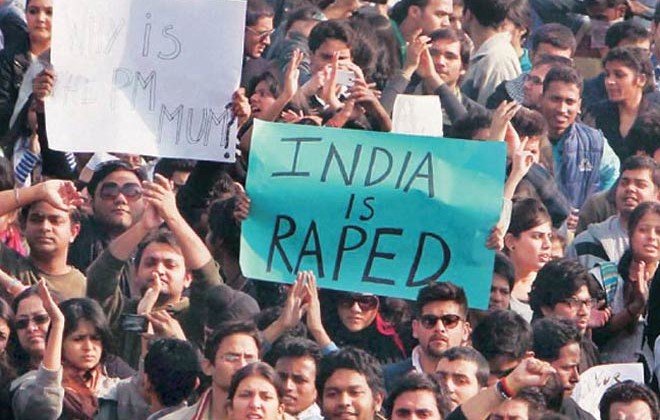
Reporter
Avanishkumar Y is our Consulting Editor. An accomplished corporate counsel, he brings extensive and diverse experience and is a leading columnist on corporate and commercial law, legal systems, and intellectual property rights.
View Reporter News